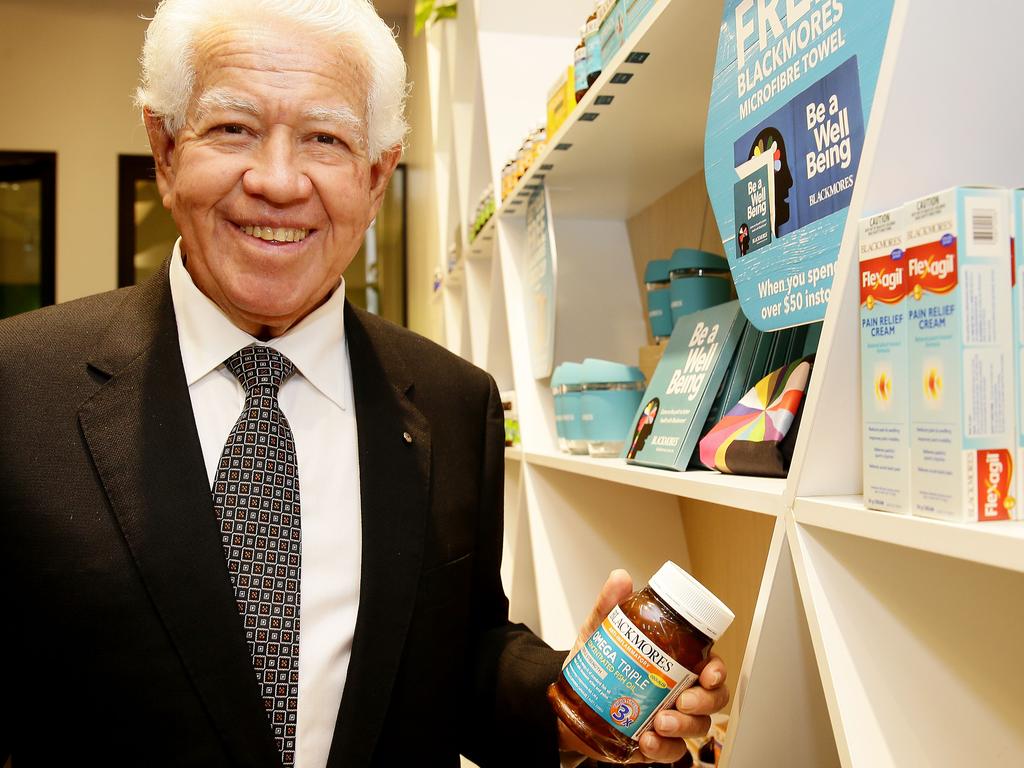More must be done on continuous disclosure
Recent changes to continuous disclosure obligations have been welcomed but more may have to be done.

The recent changes to continuous disclosure obligations under the Corporations Act legislation have been welcomed by listed companies and their boards but more may have to be done to achieve their stated purpose.
In the Treasurer’s release on Monday the purpose of the changes was stated to be to enable companies and boards to more confidently provide guidance to the market in the difficult COVID environment, where it is particularly difficult to provide reliable forward-looking guidance to the market, which exposes companies to the threat of opportunistic class actions.
The changes are intended to provide some protection to companies and the directors from potential civil claims for breach of continuous disclosure obligations. These, coupled with some new further protections from class actions involving litigation funders, do provide some comfort for companies and their boards.
However, the legislative changes may need to go further to achieve their stated objective and provide adequate protection for companies and directors who do make disclosures to the market.
The changes focus on when information is materially price-sensitive and so have to be disclosed.
They change the standard from an objective measure to a more subjective analysis, so that whereas previously information could be materially price-sensitive if a reasonable person would expect the information to have a material effect on the price or value of securities, now directors can make a more subjective judgment about this unless they know or are reckless or negligent as to whether the information is materially price-sensitive.
This seems to really only provide protection in relation to decisions not to disclose information.
For instance, in the Myer case, if the board decided not to disclose information because it considered the information was not materially price-sensitive, then these changes would cover them unless they knew or were reckless or negligent in forming that view.
This reinforces some recent ASX guidance which acknowledges that companies are not required to predict the unpredictable. Rather than encouraging companies and directors to provide more guidance to the market, these changes are more likely to encourage them to take a view that guidance or other disclosures do not need to be made.
Further, the changes really don’t provide some of the more significant protections that the Australian Institute of Company Directors and others have been calling for, particularly in relation to guidance provided to the market.
If a company does provide guidance or make disclosures as to the market, then those disclosures will still be subject to potential liability if they are misleading or deceptive or, in the case of guidance or other forward-looking statements, if there isn’t a reasonable basis for making the relevant statements. Also the changes do not really address one of the key concerns raised by AICD about whether there is a defacto obligation for companies to correct analysts’ forecasts, which can vary widely in the current climate of uncertainty.
At this stage, the continuous disclosure obligations under ASX listing rule 3.1 remain unchanged, and it is not clear if ASX similarly will take a more lenient approach in enforcing compliance with that listing rule.
While the instrument implementing these changes is a good starting point, if it is intended to achieve its stated purpose then some further steps would be required:
● To provide some similar protections in relation to information that is disclosed, then the misleading or deceptive provisions would also need to provide protection for disclosures made in good faith, unless the company or its directors knew or were reckless or negligent in relation to the accuracy of the information;
● The ASX would need to provide similar relaxations as part of its guidance and enforcement activities in relation to ASX continuous disclosure rules.
Frank Castiglia is a partner with Baker McKenzie







To join the conversation, please log in. Don't have an account? Register
Join the conversation, you are commenting as Logout